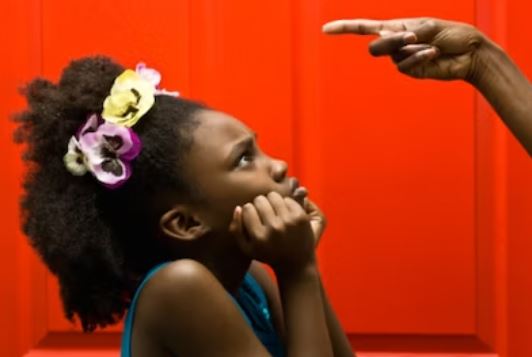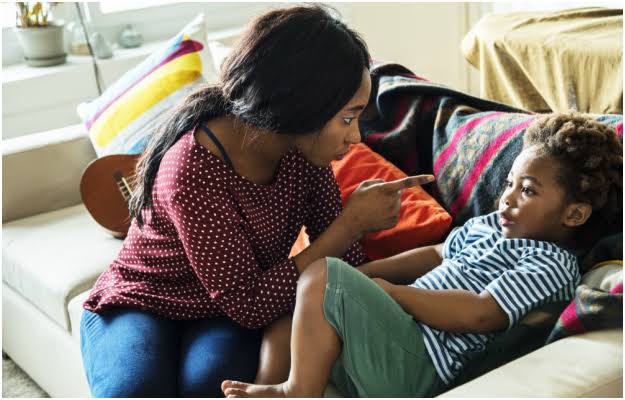Lifestyle
5 positive parenting techniques that are great alternatives to punishment

Many parents, in a bid to discipline their children, tend to use punishment to get them on track.
But only seldom does it work, that too in instilling fear and distancing them away from their kids.
Children are innocent and their minds extremely vulnerable and easily impressionable.
Punishment in the form of ‘yelling’ or ‘spanking’ just tells them what not to do rather than telling them what they can do instead.
It does not help them reflect on their actions rather fills them up with anger, aggression and hatred.
That said, switch to positive parenting alternatives that can not only help kids realise their mistakes but also encourage them to make the right amends.
1. Introduce time-out, but in the right way
Using violent means to discipline your child will send them a wrong message and may also confuse them. They might wonder as to why it is okay for you to hit them but not okay for them to hit others. Similarly, yelling at them may send out a mixed message. That said, rather than acting up and lashing out at them, give yourself and your child Time-out.
Time-out is a parenting technique that removes a child from the place where he or she misbehaved and is simply given time to reflect. It involves no talking, no activities involved and your child is deprived of all the attention and interaction. It gives the child the time to work through their emotions.
Similarly, a parent should also take a time-out before responding. At times, when kids misbehave, they trigger emotions and feelings that have nothing to do with the kids. This may lead to responses that may be harmful for children, which is why, giving yourself some time to cope with the anger and emotions may also prove effective.
2. Communicate with your child to find solutions, not to blame
Communication is extremely important, but parents must understand that only talking does not constitute a conversation. Being a good listener is important. Talk to your child but also let them express their opinion. Try to understand why they’re upset and behaving badly. Discuss ways to solve the problem, rather than blaming them for their bad behaviour or mistakes. Give them a chance to prove themselves and do not belittle them with hurtful words.
3. Never invalidate your child’s feelings
Children may be young and small, but their feelings are as important to them as emotions are to adults. Never put them down or invalidate their feelings, irrespective of how they behave. Why they do what they do has a lot to do with how they feel. If you negate or refute their feelings, ideas and opinions, it’s likely to backfire and cause more damage.
4. Praise and reward them for their good behaviour
As important as it is to address your child’s bad behaviour and tantrums, it is as important to applaud and celebrate their good behaviour. Make sure to praise and reward their conduct. This will encourage them to maintain actions and will also help them realise the difference between the good and the bad.
5. Help them understand the value of privileges
While parents work hard to give their children everything they want and need, it is also important to teach them the value of privileges. Rather than punishing your child and making them give in, help them make better choices. Introduce consequences that may indicate losing something extremely dear to them – a privilege that many do not have. Let them know how it can be prevented or earned back when lost. It all comes down to the kind of choices your child decides to make.
The difference between logical and natural consequences
As mentioned above, consequences play an important role in making children more accountable and disciplined. That said, there are two types of consequences: logical and natural consequences.
Logical consequences specifically occur with misbehaviour. It is a result of a child’s actions, and are carried out by the parent or the caregiver as a follow-up. For instance, if a child refuses to pick up his or her toys from the floor, you do not allow them to play with any toys for the rest of the day. Similarly, if they make a fuss out of eating their vegetables during their lunch, you do not give them their favourite snack and so on.
On the other hand, natural consequence is a consequence that occurs in response to a behavior without parental influence. This means they pay for their own actions. For instance, if your child wants to avoid wearing a jacket even when it’s cold outside, they naturally bear the risk of getting cold later on. This tends to teach them a lesson or help them learn from their own mistakes.








